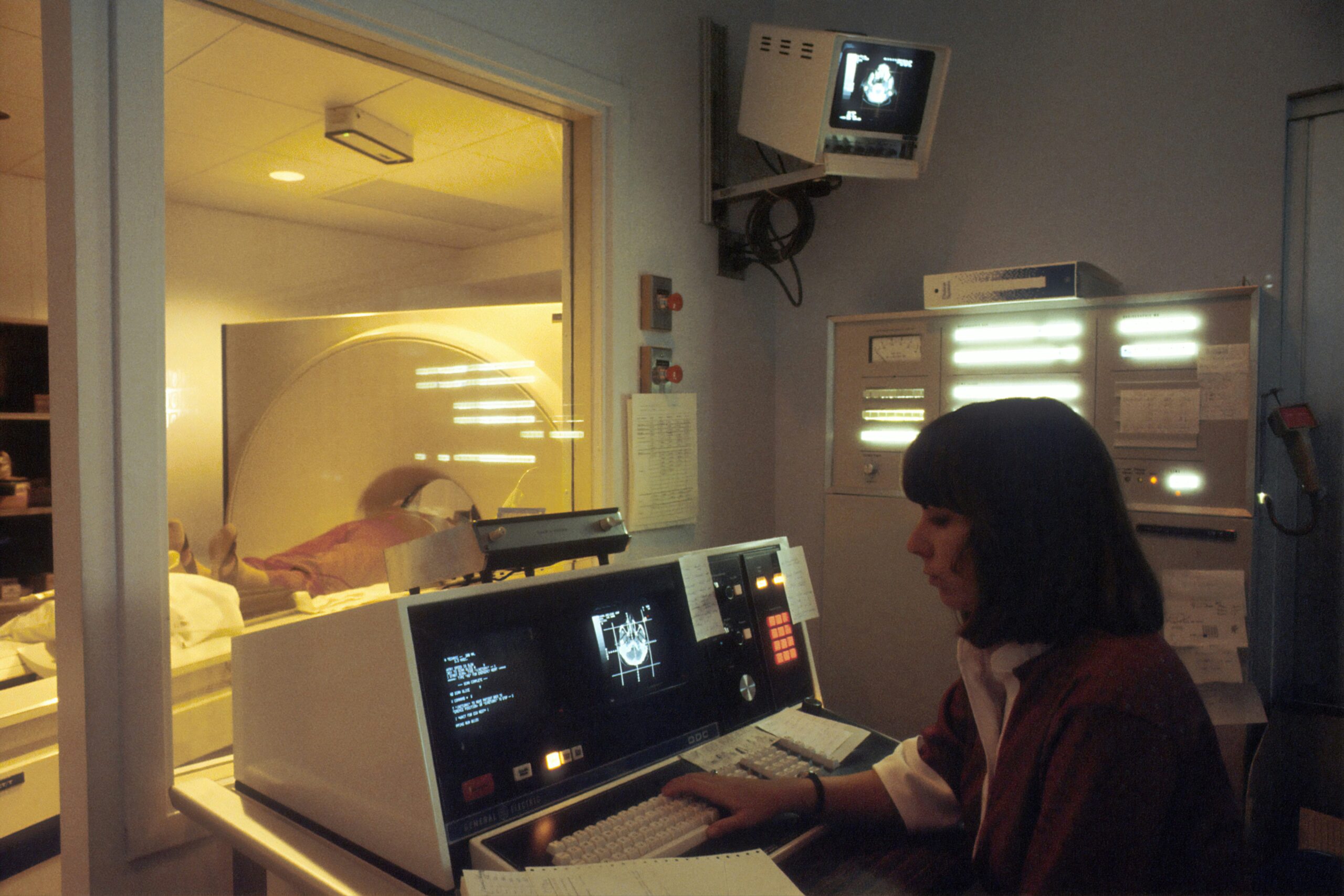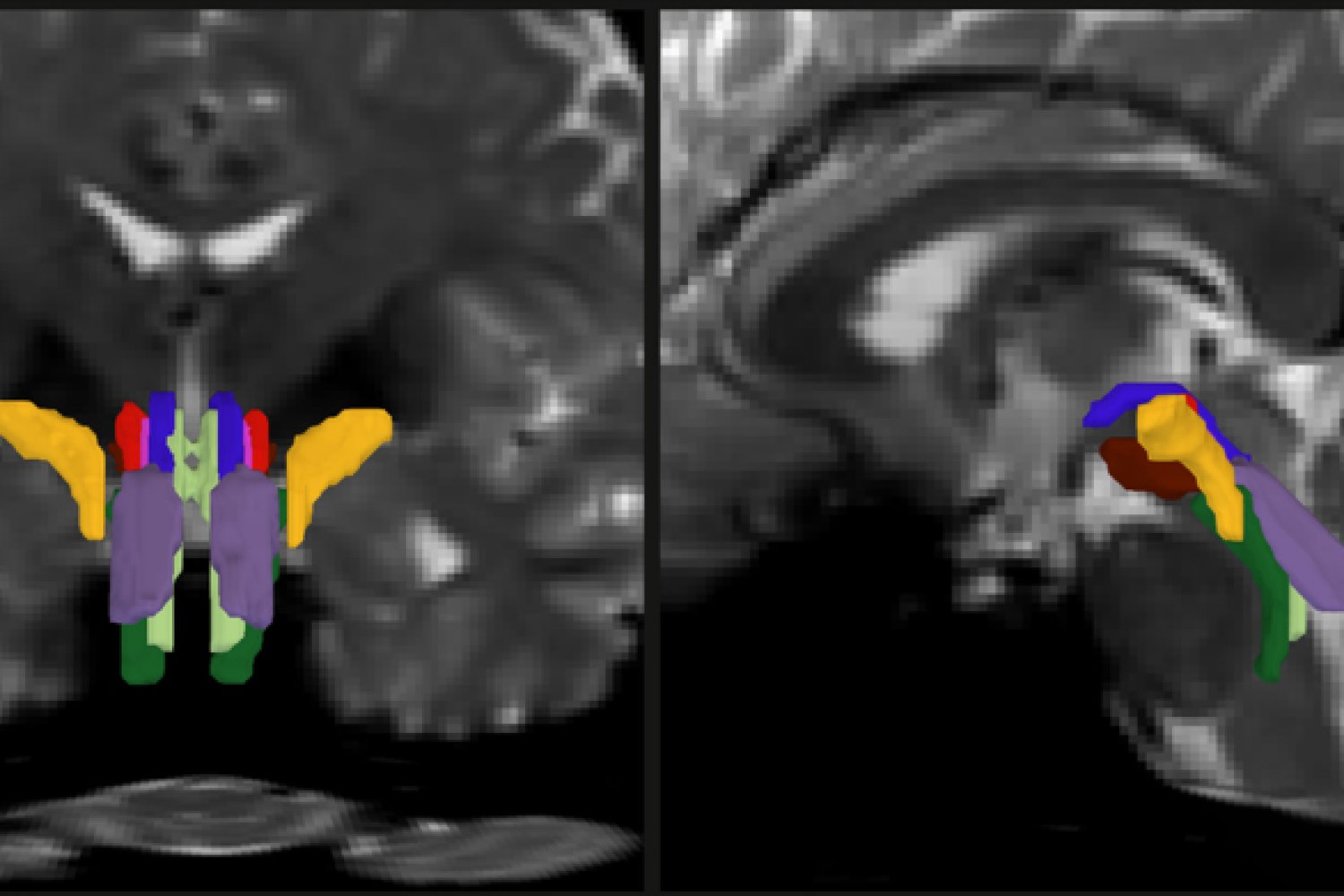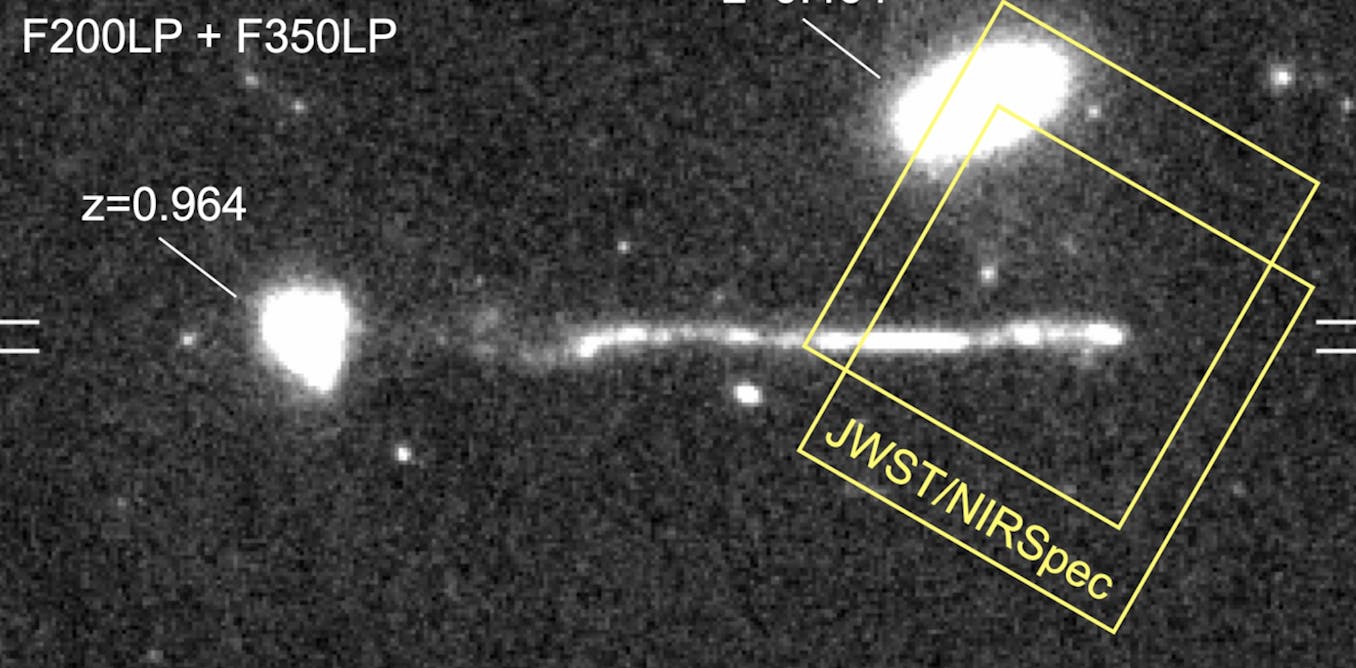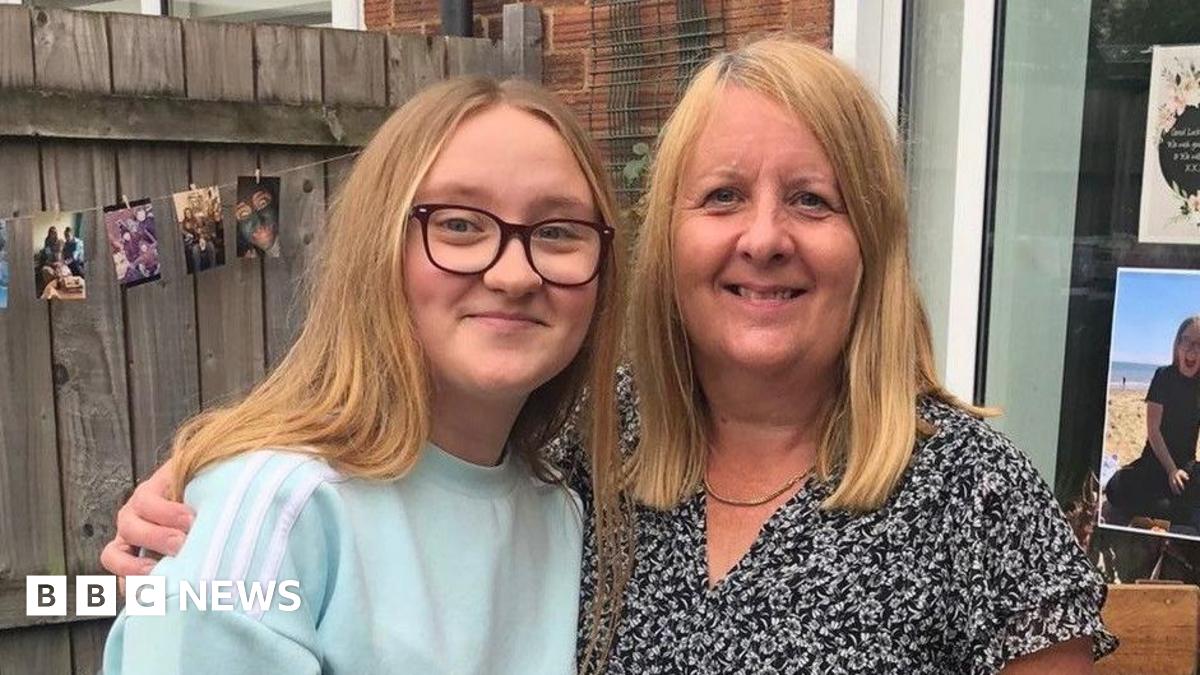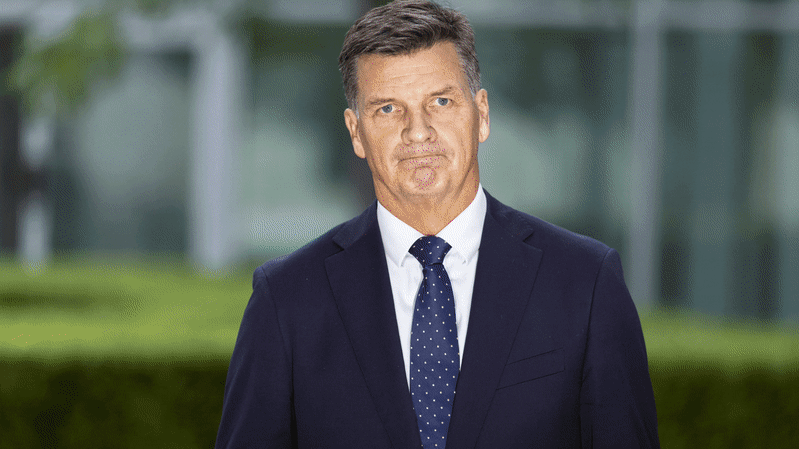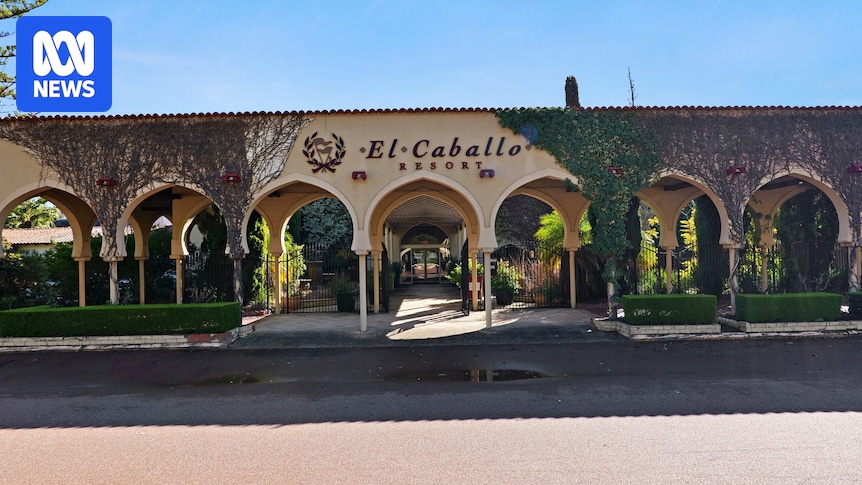
An Indigenous organization is seeking $21 million in compensation following an investigation that revealed significant financial losses from an unsuccessful attempt to convert an equine resort near Perth into social housing. The Spanish-themed El Caballo equine park in Wooroloo was acquired in 2020 for $12 million to serve as a model for addressing homelessness within Western Australia’s Noongar community.
Despite an additional $1.5 million investment in repairs, the project failed to materialize, and the accommodation portion of the property was sold three years later for $4 million, resulting in a $4.5 million loss. The resort section remains unsold, further complicating the financial recovery efforts.
Background and Financial Oversight
The acquisition was financed by the Noongar Charitable Trust, established in 2011 by the South West Aboriginal Land and Sea Council (SWALSC) to fund projects benefiting the Noongar claimant group. However, the purchase was scrutinized after community members raised concerns about the lack of an independent market valuation and a credible business plan.
According to the Western Australia ombudsman’s investigation, led by Charitable Trusts Commissioner Bevan Warner, a “scoping” report valued the El Caballo site at $32 million, though the basis for this valuation was unclear. A retrospective assessment revealed the property’s actual worth at the time of purchase was only $5.9 million, highlighting a $6 million shortfall.
Trustee Accountability and Investigation Findings
Equity Trustees (EQT), an ASX-listed company responsible for managing the Noongar trust’s funds, was found to have “breached its duties as trustee” by authorizing the purchase without proper due diligence. Commissioner Warner’s report, tabled in WA’s parliament, criticized EQT for relying too heavily on the representations of a former SWALSC CEO who proposed the plan.
“The trustees owed to the Noongar people the obligation of examining the proposal in some depth. This obligation was not met,” Warner stated.
The investigation was initiated after the Australian Charities and Not-for-Profits Commission (ACNC) identified governance issues at EQT but did not pursue further action. The WA attorney-general subsequently referred the matter to the ombudsman.
Disputed Findings and Future Implications
Despite the ombudsman’s findings, EQT maintained it conducted sufficient due diligence, arguing that the property’s unique nature precluded a standard valuation. The company emphasized its commitment to the Noongar trust’s mission to support community-driven social housing initiatives.
“We carefully considered the housing project put forward by the [SWALSC] and notably the social value it would bring to the Noongar people in the years to come,” EQT stated.
EQT has until mid-September to respond to the commission’s decision requiring reparations. Meanwhile, the commission has referred issues related to SWALSC to the Office of the Registrar of Indigenous Corporations (ORIC) for further investigation.
The SWALSC, under new leadership, has welcomed the ombudsman’s findings and emphasized the financial impact of the failed project. The council claims that if the funds had remained in the trust’s investment pool, they would have grown by $8 million, justifying their $21 million compensation demand.
As the situation unfolds, the case highlights the complexities of managing charitable funds and the importance of rigorous oversight in large-scale projects intended to benefit vulnerable communities. The outcome of the compensation claim and subsequent regulatory actions could set precedents for future trust management and governance practices.
